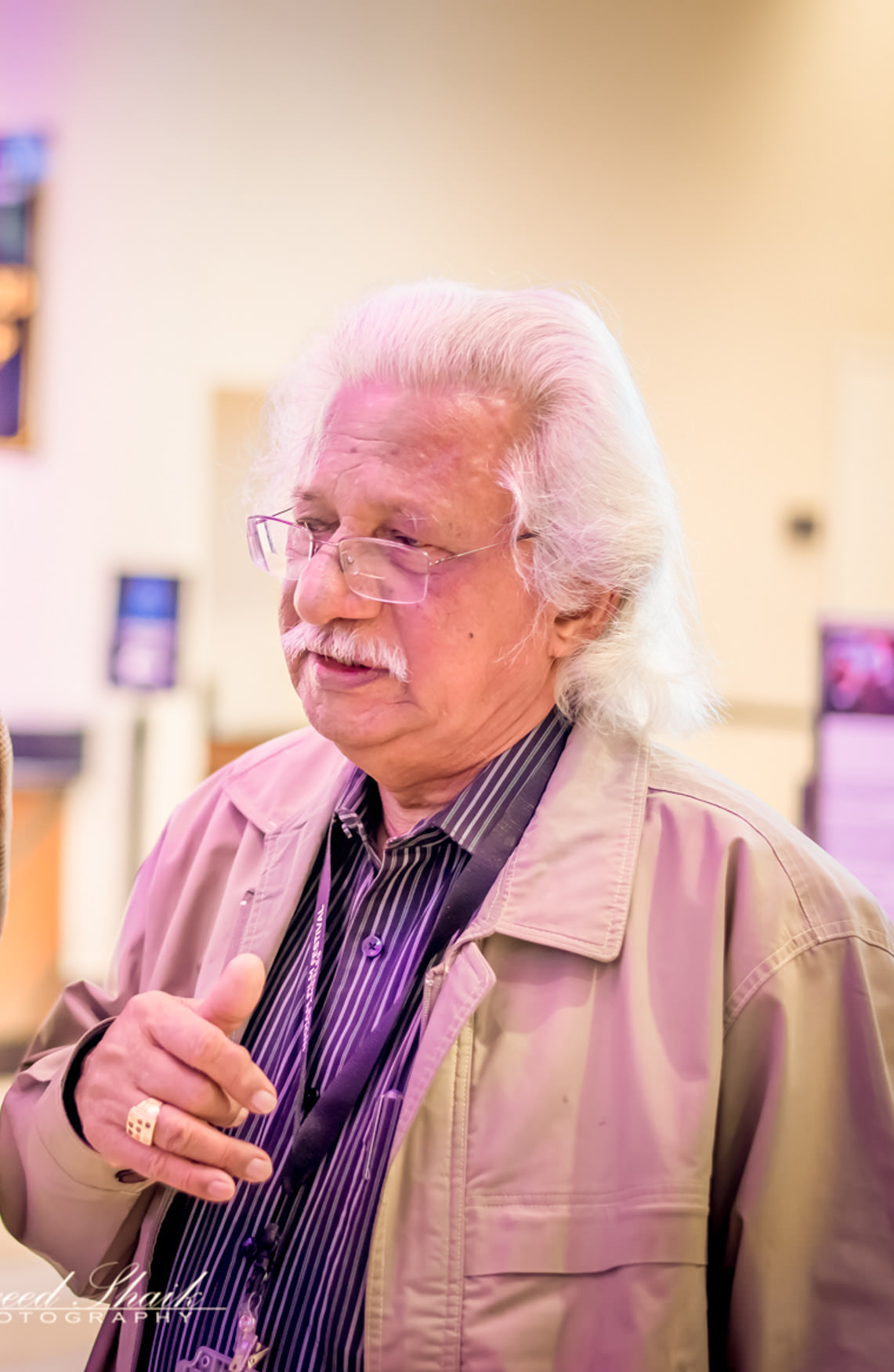
After over 50 years of filmmaking that have garnered innumerable national and international awards, celebrated director Adoor Gopalakrishnan stands unaffected and humble. Instantly recognizable by his iconic white mane, he greets you with effortless grace and an infectious smile. Even though his latest film ‘Once Again’(Pinneyum) came after a hiatus of 8 years, the 75-year old who pioneered new wave cinema in Kerala, is certainly not done with his lifelong love of making films.
In ‘Once Again’ (inspired by true events), a man unsatisfied by the ordinary life that he’s able to afford for his family, plots to fake his death and have them claim his hefty life insurance. He would then return with a new identity and they could live happily ever after. His naïve plan is destined for failure and the family is shoved down a rabbit hole of misery and sacrifice, in order to hide the crime and his existence. Mr. Gopalakrishnan spoke to us at the Indian Film Festival of Los Angeles about why he chose to tell this story.
You made this film after a break of 8 years. Tell us about that.
Usually there are long intervals between my films although this has been the longest one. The one I made before this was after a gap of 7 years. So in a way, I keep up that tradition. I don’t start writing the script until I’m very thrilled about the subject and until I’m very sure that I’m not repeating myself – that’s very important to me. Every new film needs to be a challenge. That’s what keeps it exciting. Repetition is very boring. Why should I do it? The problem arises when the audience comes to see a film that I’ve done before – they expect a successful formula to be repeated. So they end up disappointed. For a more perceptive audience, it works very well. Some of my films sink in only after a few years. When the film is released, people don’t think much of it and don’t think it’s interesting. But after a few years, it comes back. It really takes that much time for it to sink in and to be accepted. That’s what happens when you do something new.
“Repetition is very boring. Why should I do it? The problem arises when the audience comes to see a film that I’ve done before – they expect a successful formula to be repeated.”
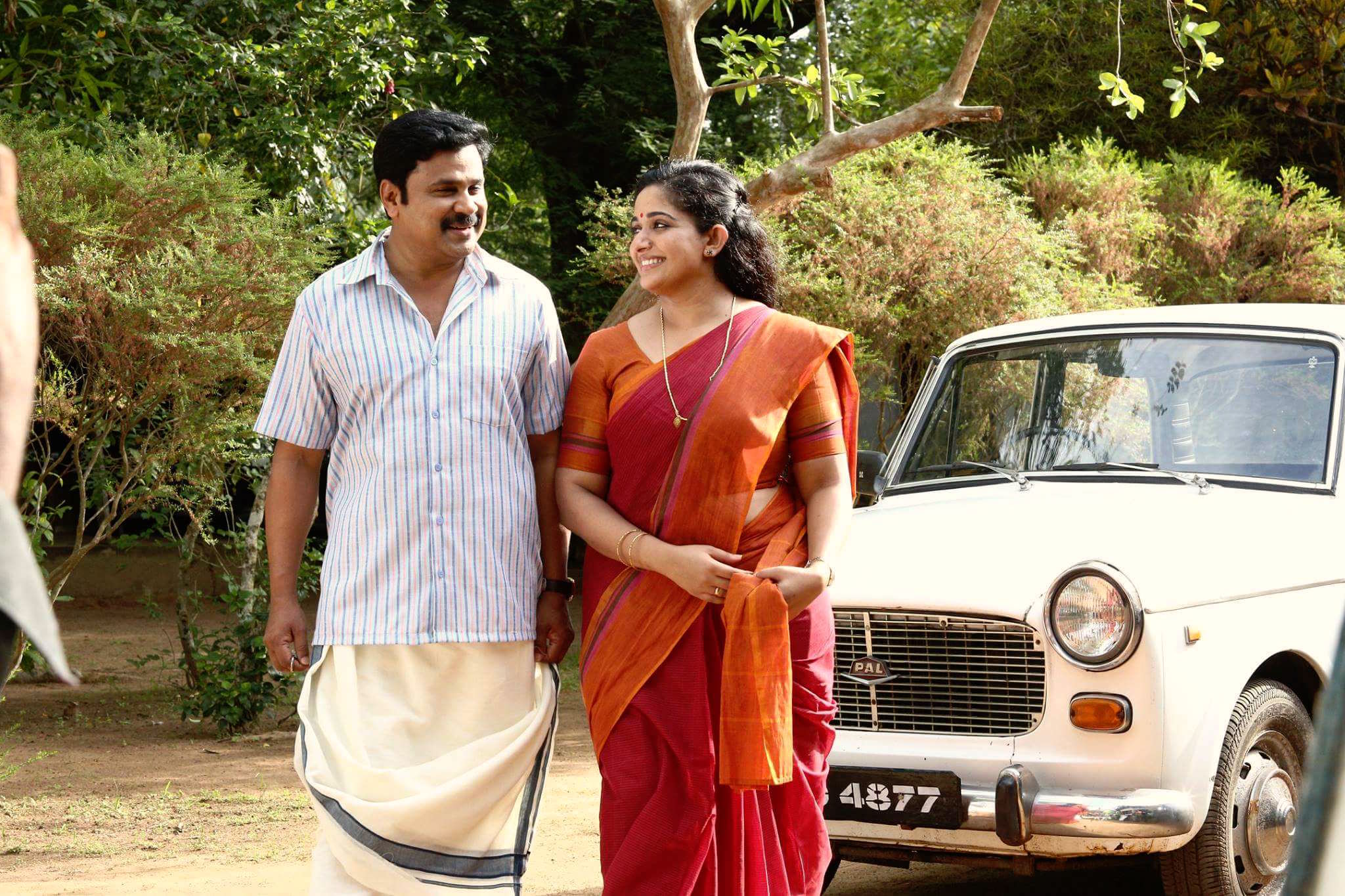
You mentioned that ‘Once Again’ was inspired by true events. What compelled you to tell this story?
I’ve been very worried about what is happening with the middle-class in India. They have suddenly become very very mundane in their attitude. Everything is based on what you are worth – very materialistic. Their idea of a good life is very different from what we used to have. In my generation’s concept, a good life meant leading a peaceful life with others, sharing love and affection. But the parameters have changed – now it’s about how big your house is, how many attached bathrooms you have, what kind of tiles you have used for the flooring and what car model have you bought, whether there is air-conditioning in every room, and so on. People don’t realize that the power to purchase does not mean that everything is available for purchase. And people who make money through unholy means, their families don’t really enjoy it. Their children often go astray, they become addicts – we’re watching this happen. The reason is that it’s very important for everyone to have their own struggle. You cannot take that away from them. They have to find their own place in society.
“Now it’s about how big your house is, how many attached bathrooms you have, what kind of tiles you have used for the flooring, what car model have you bought…People don’t realize that the power to purchase does not mean that everything is available for purchase.”
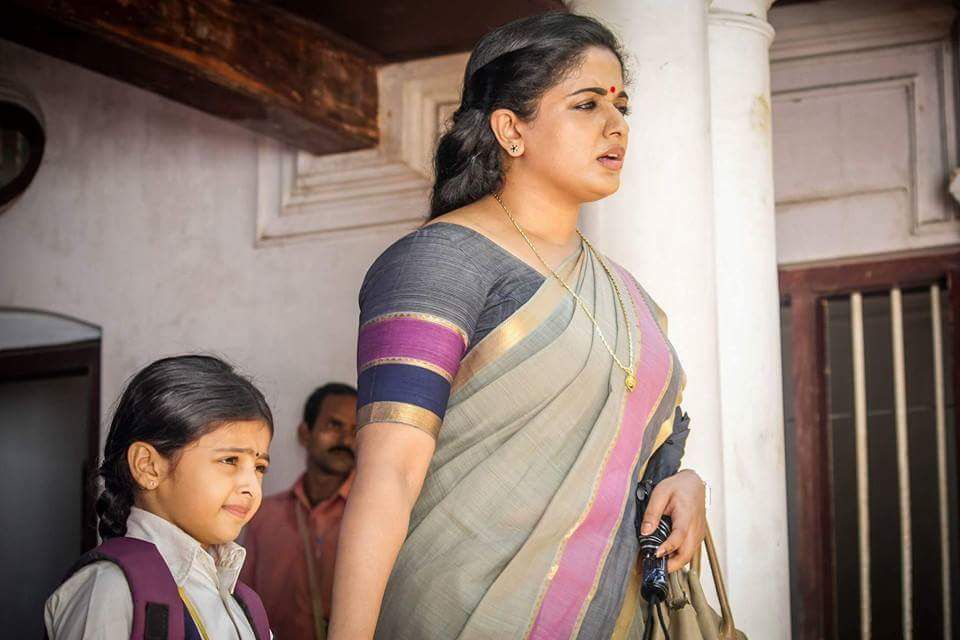
“It’s very important for everyone to have their own struggle. You cannot take that away from them. They have to find their own place in society.”
There’s something very interesting in your film where the victim’s family does not seem irate or vengeful. In fact, they revere the culprit’s wife for her helpfulness and call her a ‘goddess’.
You see, they are poor people. They’re not going to fight with the other family. And they also have sympathy for the man who committed the crime. They don’t know the details. They take it as an accident that just happened. So they don’t hold grudges against his family. They just want to know if this family got any compensation from their insurance so that they can hopefully get a little financial help. And that’s why the poor boy comes over asking for some aid.
The actors in your film are all very natural. Can you talk about how you direct them?
I’m an actor myself. So I can help my artists a lot. But they’re all wonderful artists to begin with. It’s a pleasure for me that whatever I expect from them, they’re able to deliver. Some of them like Kavya have given one of their career’s best performances. Indrans has been acting in several films in comedy roles. But he can carry serious roles so well. He is such a fine, sensitive artist. All of them – Nedumudi, Vijayaraghavan, Lalitha – they’re all very fine artists.
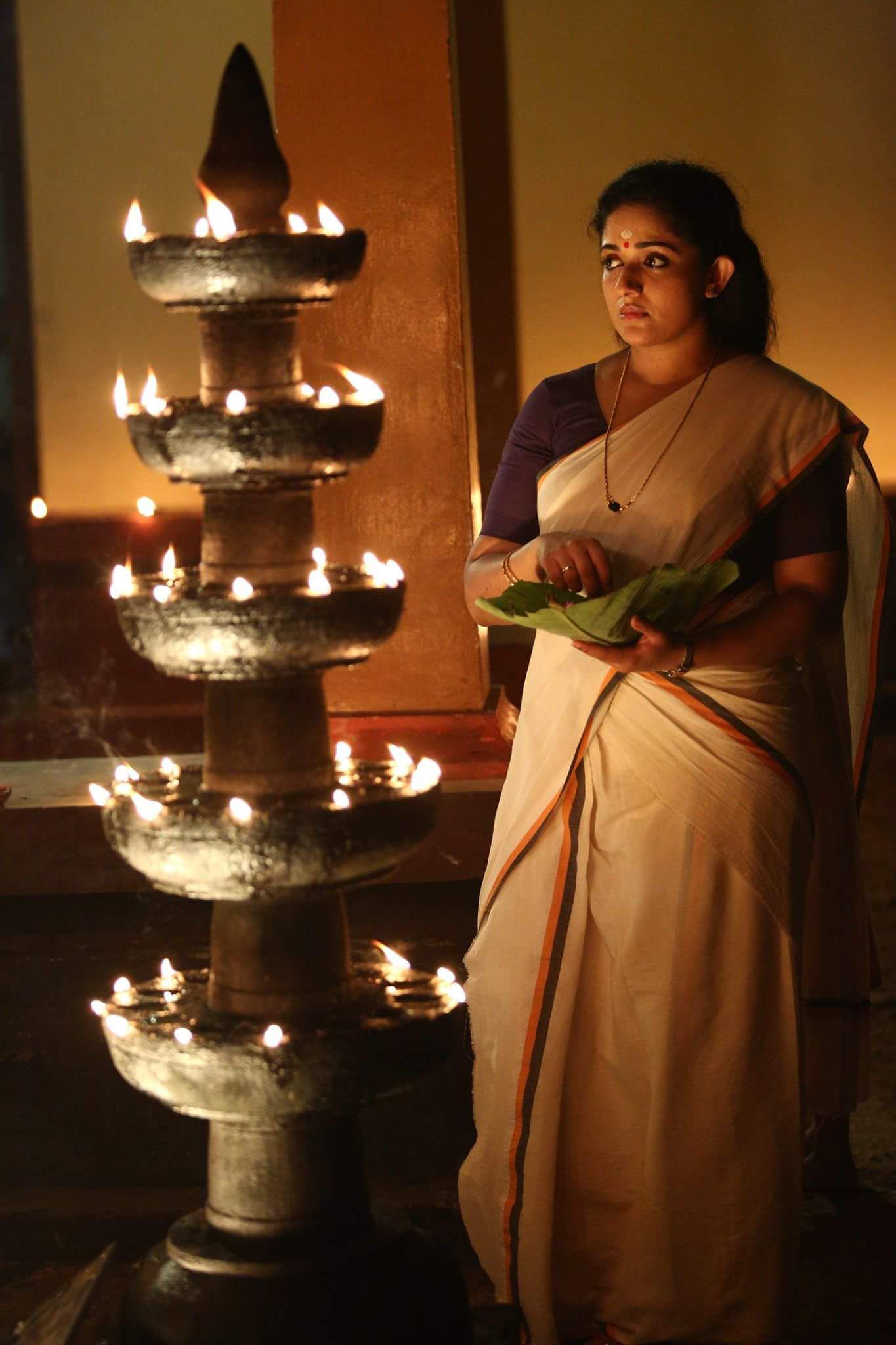
The camera work is also exquisite.
I design every thing myself. And the cinematographer MJ Radhakrishnan is very good. He understands what you need. A cameraman’s best contribution is the lighting and composition. Since we’ve been working together in 2-3 films now, he understands me completely and so do I. Before, I used to work with S. Ravi Varman on every film, until he died. Radhakrishnan is equally good.
What do you think of Malayalam filmmakers today? How have things changed over time?
I cannot make a blanket statement. I can say that Kerala makes a significant contribution to cinema, especially at international film festivals every year. A lot of young filmmakers are attracted by that. And the new digital technology of filming has suddenly liberated people. Technology is no longer an impediment. If we were still making films the old way with negatives, not a lot of them would have entered this field. But now most of them can get their training with a very cheap camera, shooting with their friends. That’s how they start learning about the craft and they’ve been making good films. Some of them apprentice under established filmmakers and later they’re able to do even better than them.
“Digital filming technology has suddenly liberated people. Technology is no longer an impediment. If we were still making films the old way with negatives, not a lot of them would have entered this field.”
Once Again is also the first film you shot in digital.
Yes. I cannot make them on film anymore. All the labs have closed down. Even Kodak had to declare bankruptcy. Things are always evolving.
You mentioned that this is your first film that had a theatrical release in other parts of India, outside Kerala.
Yes, it was relatively a wide release. My lead actor Dileep has a distribution company, so he helped with it. It was released in 125 cinemas in Kerala and outside. But when you take it out of Kerala, you cannot reach the audience the same way. Each location needs separate publicity. We should not have rushed the release. We should’ve taken our time and planned it better. Within Kerala we were given only huge cinemas. All the small theaters were occupied with the release of other films. Today, you don’t have a 1000 people going to see a film in one cinema hall at the same time. At most you can expect 200-300 people for a showing. So in a 1000 seat hall, if only 200 seats are occupied, it is considered a flop. Unfortunately that happens a lot. But the film did alright, not excellent. I was very particular to try a bigger distribution. Next time when I make a film, I will plan it better.
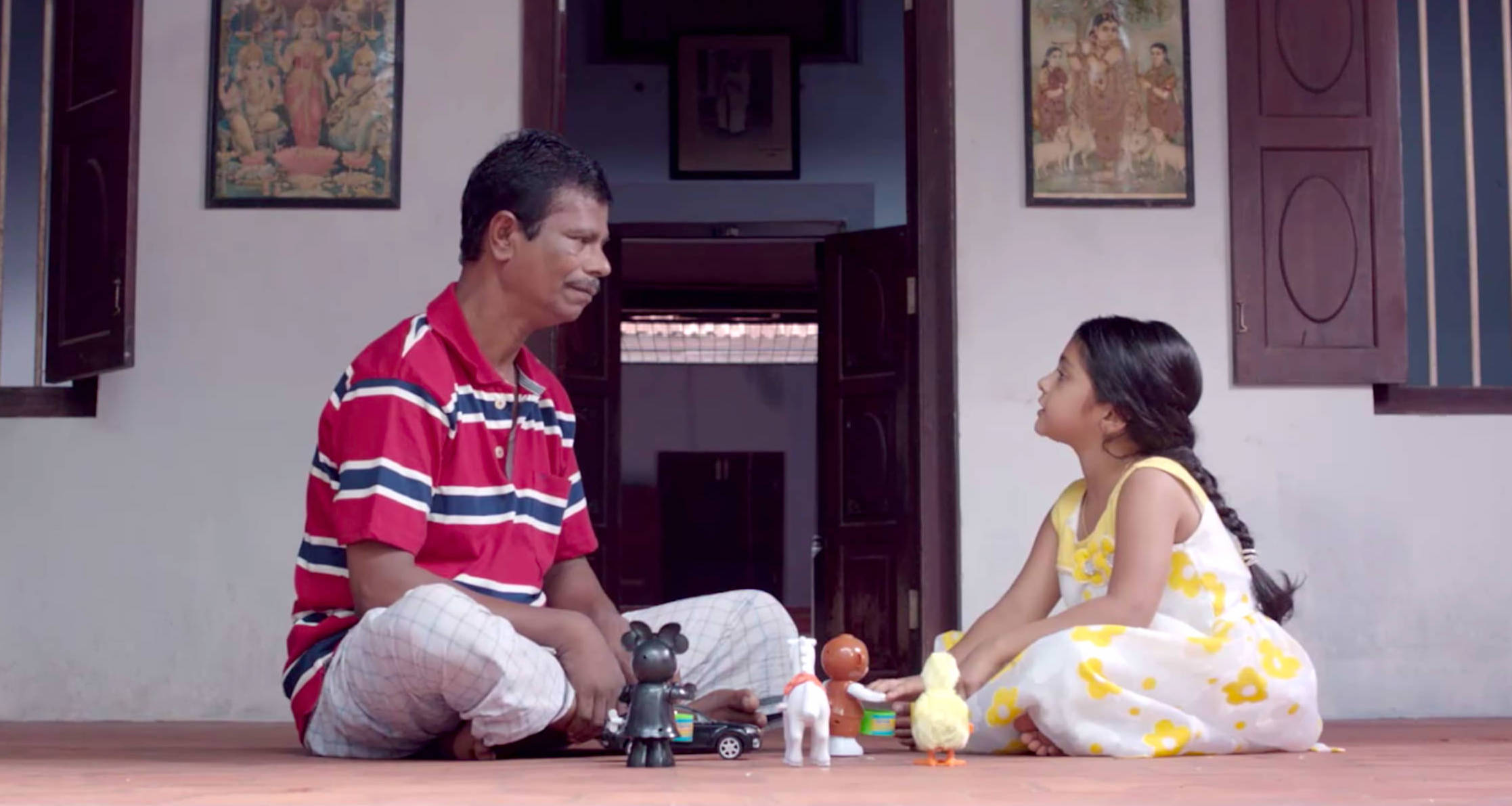
“Today, you don’t have a 1000 people going to see a film in one cinema hall at the same time. So in a 1000 seat hall, if only 200 seats are occupied, it is considered a flop.”
What’s next for you?
I don’t know yet. Some interesting idea has to occur in my mind and I’ve to work on it.
Sometimes it can take years, sometimes only months. When I start writing, I can get stuck somewhere. When that happens, I don’t proceed with it. I allow it to die. After months, I pick it up and read it again and then solutions may come up.
Adoor Gopalakrishnan has won 16 National Film Awards, 17 Kerala State Film Awards and several international film awards. He won the prestigious British Film Institute award for Elippathayam (1981). He was honored with the Padma Shri in 1984 and the Padma Vibhushan in 2006. For his valuable contributions to Indian cinema, he was awarded the Dadasaheb Phalke Award in 2004, the highest award for cinema in the country. ‘Pinneyum’ (‘Once Again’) was released nationwide on August 18, 2016.















